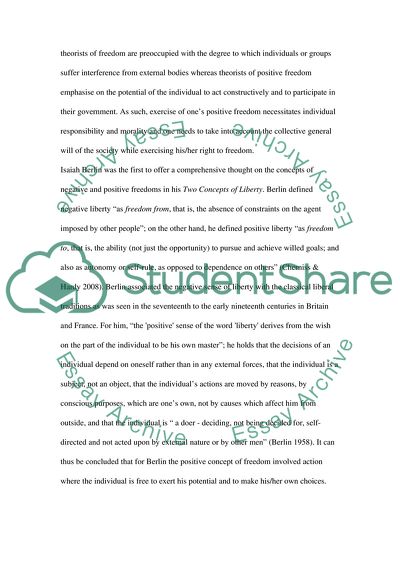Cite this document
(Plausible Understanding of the Positive Concept of Freedom Essay, n.d.)
Plausible Understanding of the Positive Concept of Freedom Essay. https://studentshare.org/philosophy/1734983-what-is-the-plausible-understanding-of-the-positive-concept-of-freedom
Plausible Understanding of the Positive Concept of Freedom Essay. https://studentshare.org/philosophy/1734983-what-is-the-plausible-understanding-of-the-positive-concept-of-freedom
(Plausible Understanding of the Positive Concept of Freedom Essay)
Plausible Understanding of the Positive Concept of Freedom Essay. https://studentshare.org/philosophy/1734983-what-is-the-plausible-understanding-of-the-positive-concept-of-freedom.
Plausible Understanding of the Positive Concept of Freedom Essay. https://studentshare.org/philosophy/1734983-what-is-the-plausible-understanding-of-the-positive-concept-of-freedom.
“Plausible Understanding of the Positive Concept of Freedom Essay”. https://studentshare.org/philosophy/1734983-what-is-the-plausible-understanding-of-the-positive-concept-of-freedom.


